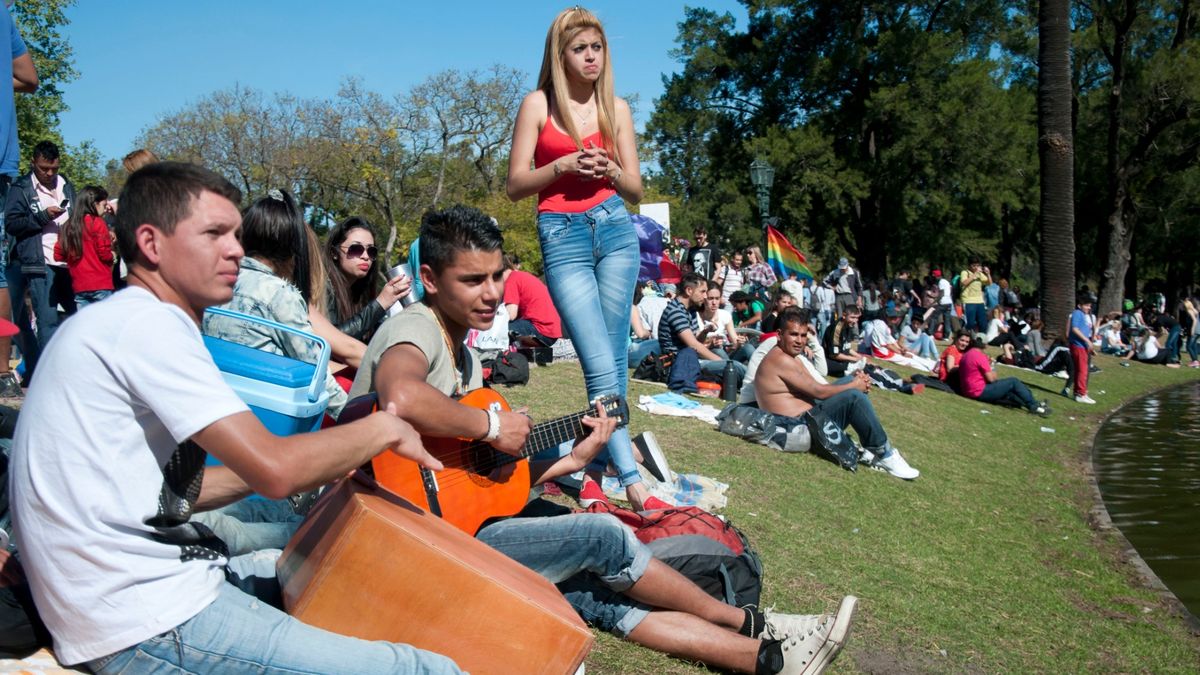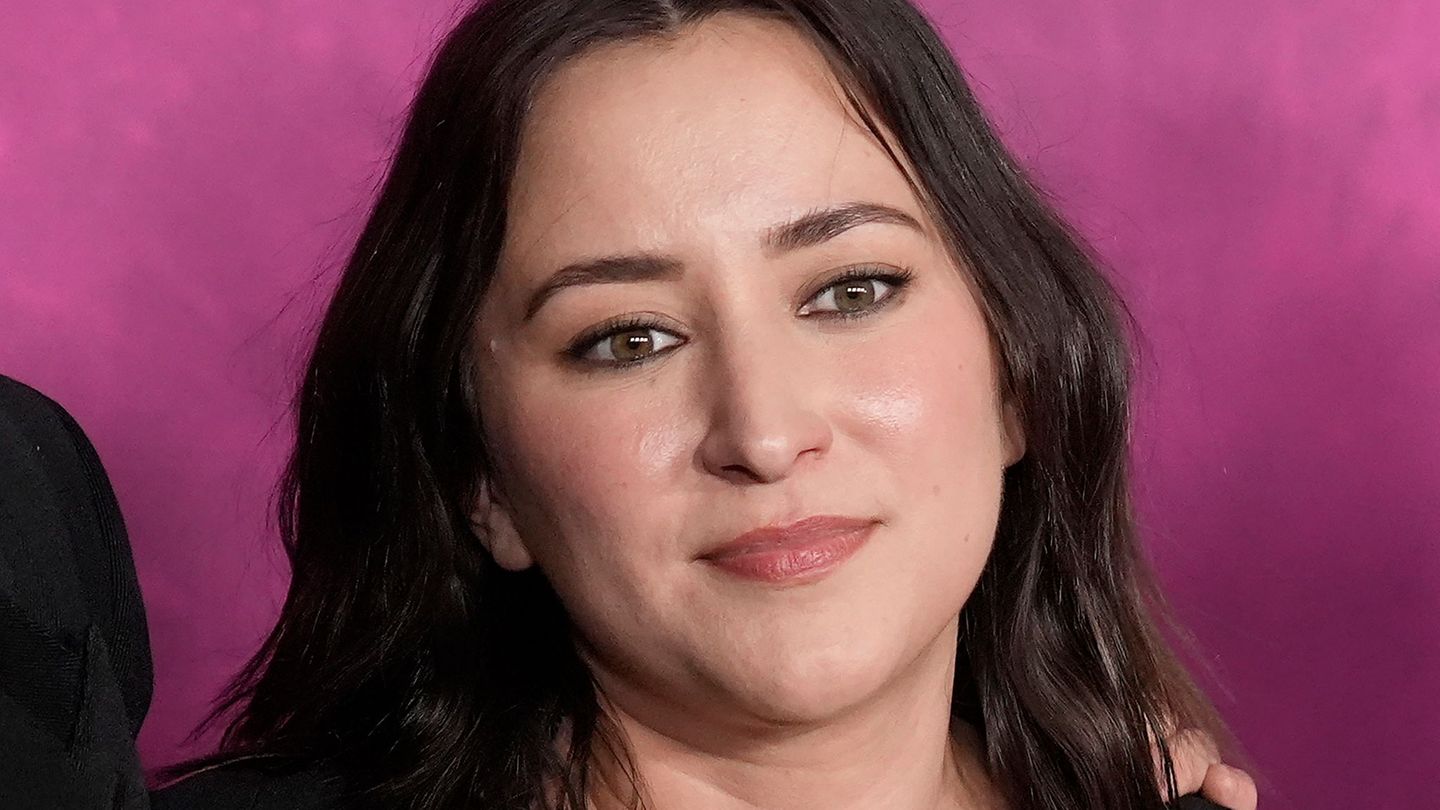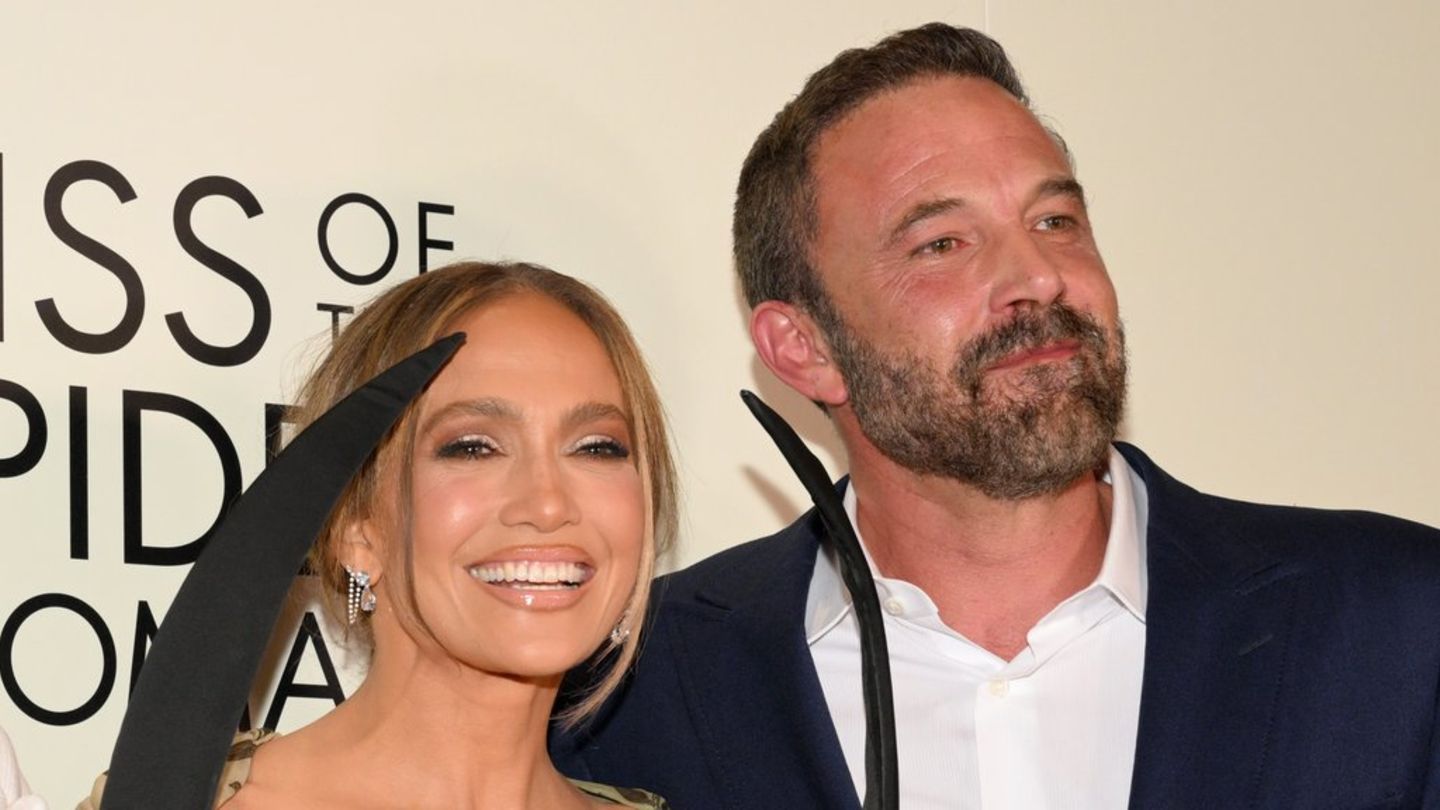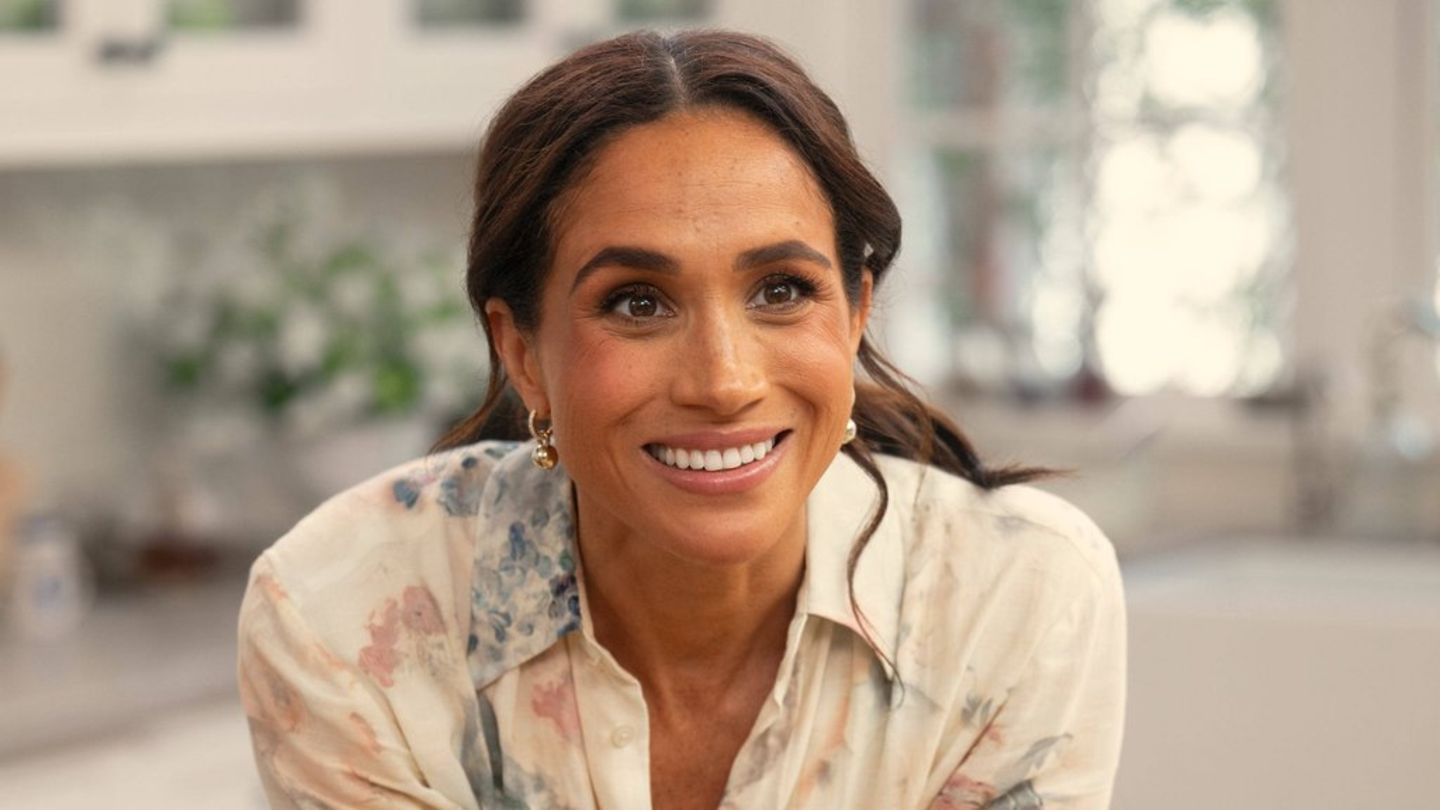“I don’t know what’s happening to him, it seems like they changed my son!”
These interrogations that we ask ourselves, among many others, mean that many times we do not know how “to surf” the waves of this sea, feeling confused, upset with them, and having a vision “negative” adolescence, understanding it as a stage “upset” and worrying that you just have to cope.
When we have this look, we cannot clearly see the significant changes that occur during this period that are key to the development and construction of our child’s identity. And just as many times, we get close to the shore to contemplate the waves that the sea gives us, it is important to even necessary to be able to “Stop” to appreciate what are these “waves” changes that our son goes through to be able to accompany him and guide him in the most optimal and healthy way possible in this important stage of his life.
It could be said that living with an adolescent is living in change: when our son begins puberty, his changes alter our lives “Routine”, feeling that all the “order” and organization of our family life has become a “chaos”. And although living with an adolescent child can be difficult to understand, where many things that occur in this stage are new, even puzzling for us, it is important to understand adolescence not as a phase that we have to “put up with”. Our teenage son doesn’t have to limit himself to “Survive” to adolescence; it can develop thanks to this important period in your life. And so that they can go through this stage in an optimal and healthy way in our company, it is necessary for us to know what these changes are going through and to demolish some myths that exist around this stage.
bored teen pixabay_1200.jpg
Pixabay
Puberty brings marked physical, mental and emotional changes. The nature of the bonds that adolescents maintain with their parents as attachment figures changes, and friends become more important in this period.
During this stage, our adolescent needs to separate physically and emotionally from us to discover his individuality. When we tend to describe their behaviors as “Rebels” for taking us against for example in our way of thinking, in reality, it is important to understand them as part of the process of searching for their own values, their own tastes and finally their own paths. But in relation to this, it is important to demolish the myth of believing that growth during adolescence requires going from dependence on adults to total independence from them. Although it is true that there is a natural and necessary impulse towards independence from us, adolescents continue to benefit from relationships with adults, needing their guidance and support in this transformation process. It could be said that the healthy change towards maturity is made through interdependence and not through total isolation, under the motto “Do it yourself”. In this sense, our presence and accompaniment will be essential so that our child can gradually enter the path towards adult life, being responsible for their actions and acting accordingly.
The physical changes that go through during this stage are accompanied by emotional changes, this is due to the fact that hormones, at the same time that they transform the adolescent’s body, alter and change their emotional state. You could write this last state as a “Roller coaster of emotions”: at times they feel adrenaline and enthusiasm to dare to go through new experiences, but at other times, they may feel vulnerable to the uncertainty generated by the changes they experience. They can go from being calm, happy, and confident to feeling grumpy, frustrated, or angry within minutes. Understanding these emotional ups and downs as a product of the various changes that are going through, will allow us to accompany them from a place of empathy, understanding that we have all been adolescents at some time and far from wanting to live in a hostile and conflictive environment, they need us to Let us be by their side, listening to them, accompanying them and supporting them in this very significant stage of their life.
Child psychologist, and co-founder of JUEGOlogía, where for several years they have equipped health professionals and parents with recreational and therapeutic tools to work on different cognitive, emotional and social areas in children.




